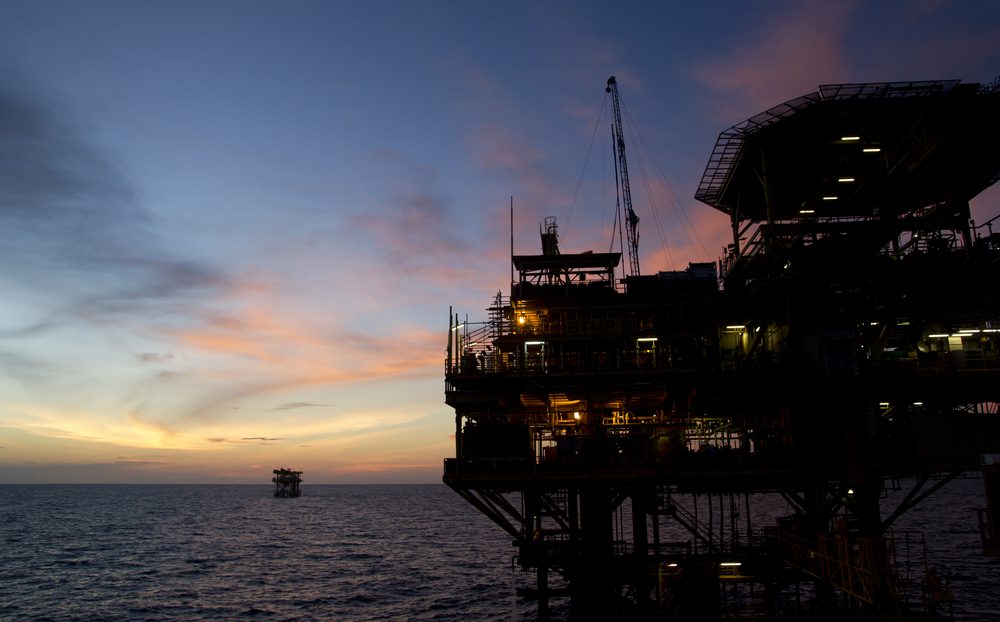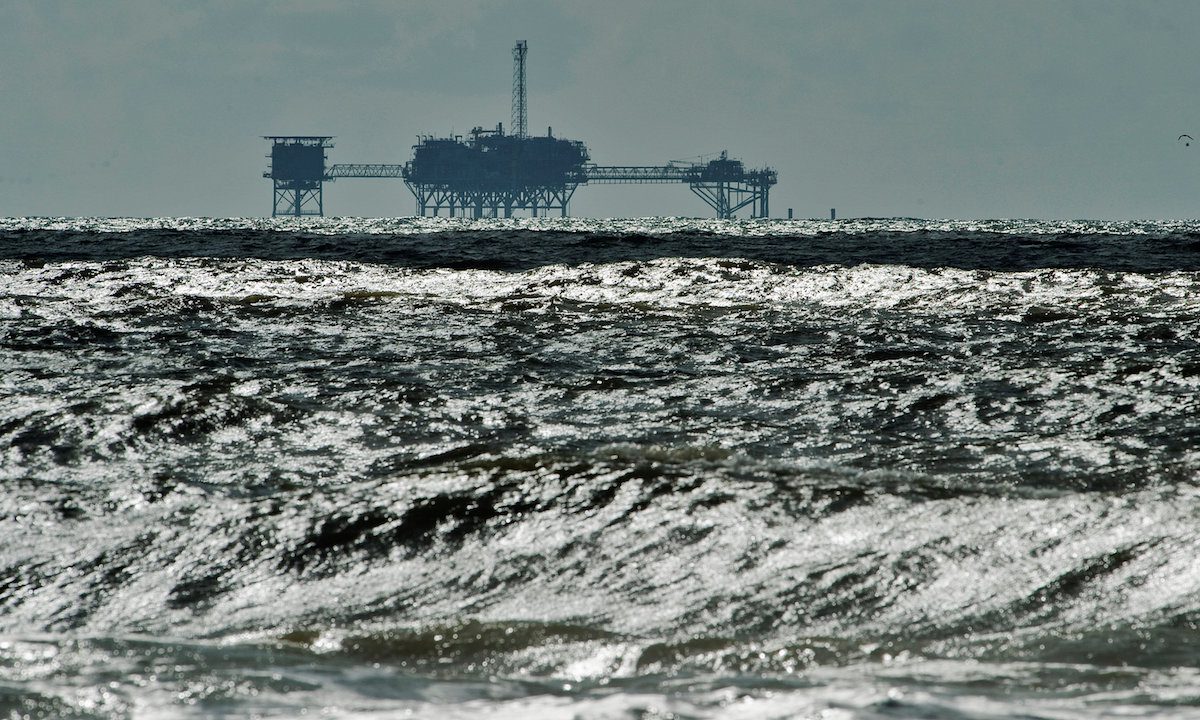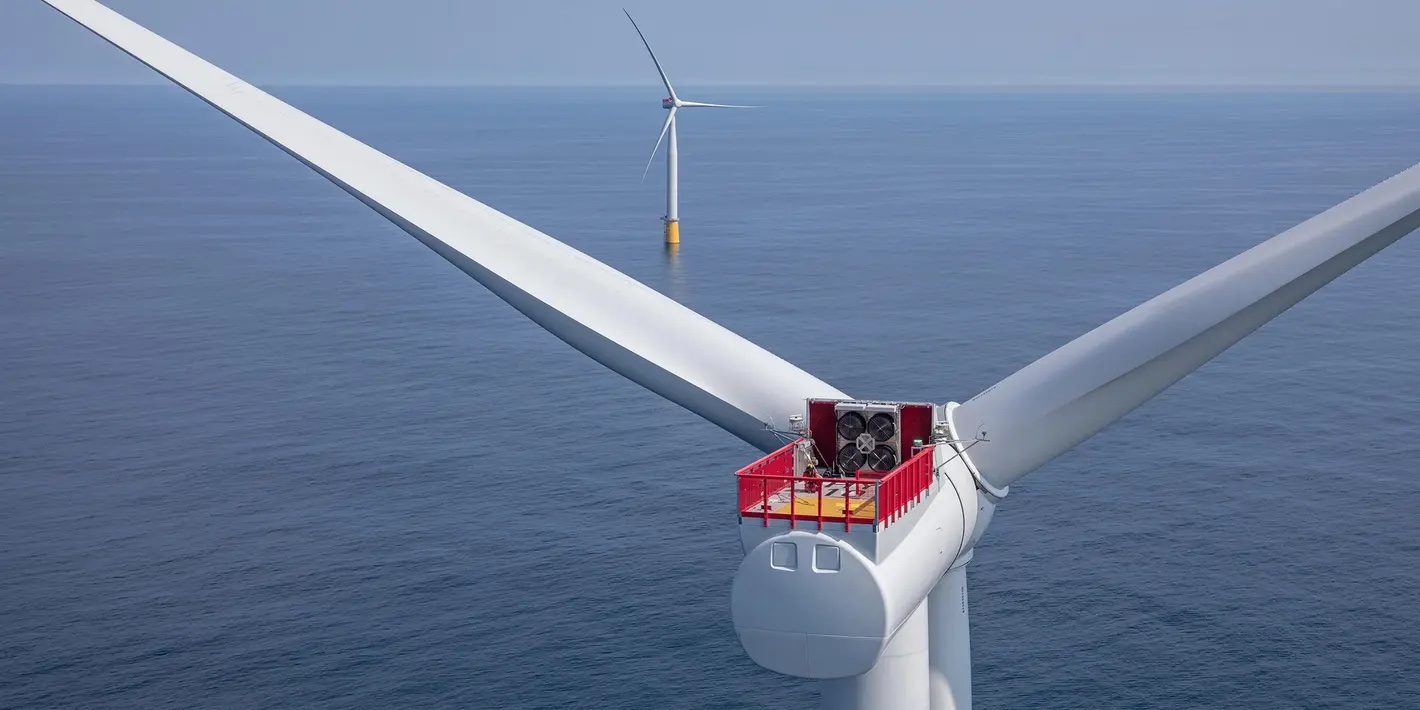By Barry Parker (gCaptain) –
Just about a year ago, the process of selling off assets from tug and barge owner Bouchard, which had declared bankruptcy one year before that, was taking shape.
When its efforts to re-organize failed, Bouchard’s fleet was divided by between two buyers; Centerline Logistics, which had emerged out of the re-organized Harley Marine, and a group including a previously unknown player, Rose Cay Maritime (RCM), an investment fund which describes itself as backing “Real Asset Special Situations targeting ESG forward investments.”
Thus, it made sense that last week’s Maritime Prosperity Forum, which featured a discussion centered on the future of offshore wind in the waters off New York and New Jersey, included a speaker from RCM, its co-founder and Managing Partner, Alex Parker. Around the same time, media releases from RCM trumpeted its positioning as “a leading maritime logistics company poised to support the Energy Transition.”
U.S. Maritime Prosperity Tied to Offshore Wind
When presented with a question from the Forum moderator on the investment suitability of vessels to serve the offshore trades, Alex Parker was quick to answer: “It depends on the type of vessel.”
In response to another question on the outlook for U.S. fleet renewals, RCM’s Parker said: “I certainly think that we can get what we need in time…but there are long lead times.” He commented further that “it does take commitment from folks upfront.”
In describing the complexities of shuttling components and people 80 miles offshore from New York, he said: “The only thing to link it are vessels,” and adding that “the U.S. market necessitates feedering, in our opinion, due to the clearances of bridges and otherwise, so towing companies in New York, like McCallister, and others, are certainly poised to help.” RCM attendees at the Forum included several with high level management experience in the towing of barges in U.S. waters.
In further remarks at the Maritime Prosperity luncheon, Parker stressed that RCM had built up the company from scratch (following the acquisition of 18 tug / barge units out of the Bouchard fleet), hiring 100+ people and drydocking 11 of the vessels (in eight different shipyards, by the way).
Its fleet is now serving “Fortune 100 energy companies whose compliance is as rigorous as it comes.” He pointed to RCM’s successes by highlighting that: “If you want to do something, and are committed to it, I certainly believe that the U.S. has the wherewithal to undertake those challenges.”
Though not yet involved in barging of offshore wind components, a topic that received considerable discussion throughout the Forum, RCM’s press release revealed its nearby intention “as the renewable fuels market becomes an increasingly important part of the U.S. Energy Transition process, reducing carbon emissions, RCM is working with its customers to transport cargoes on all three major U.S. Coasts, including from the Gulf Coast into end markets on the West Coast.”
But those activities, with a significant New York focus, may be a prelude to something else.
RCM’s financial mindset and its search for innovative approaches beyond its nearby activities, was clearly revealed when the moderator posed a question about Wind Turbine Installation Vessels (WTIVs), noting that they were not readily available for projects in the States because “they are doing their thing in Europe.”
Parker was quick to reply, “I think for the right price, anything is available.” But the RCM approach is not simply to throw money at solutions. After noting that “our cost structure [in the U.S.] is very challenging” compared to costs in other countries, when building Jones Act compliant assets, he said that: “We are committed to finding other innovative ways to decarbonize the installation process, because, as you think about it, all installation is not created equally….you can bring diesel vessels, you can build older vessels, or you can bring cleaner vessels that are of the future.”

 Join The Club
Join The Club










